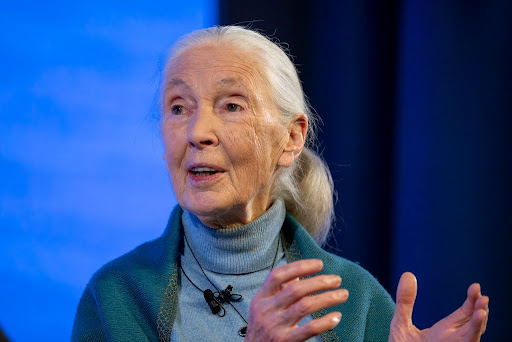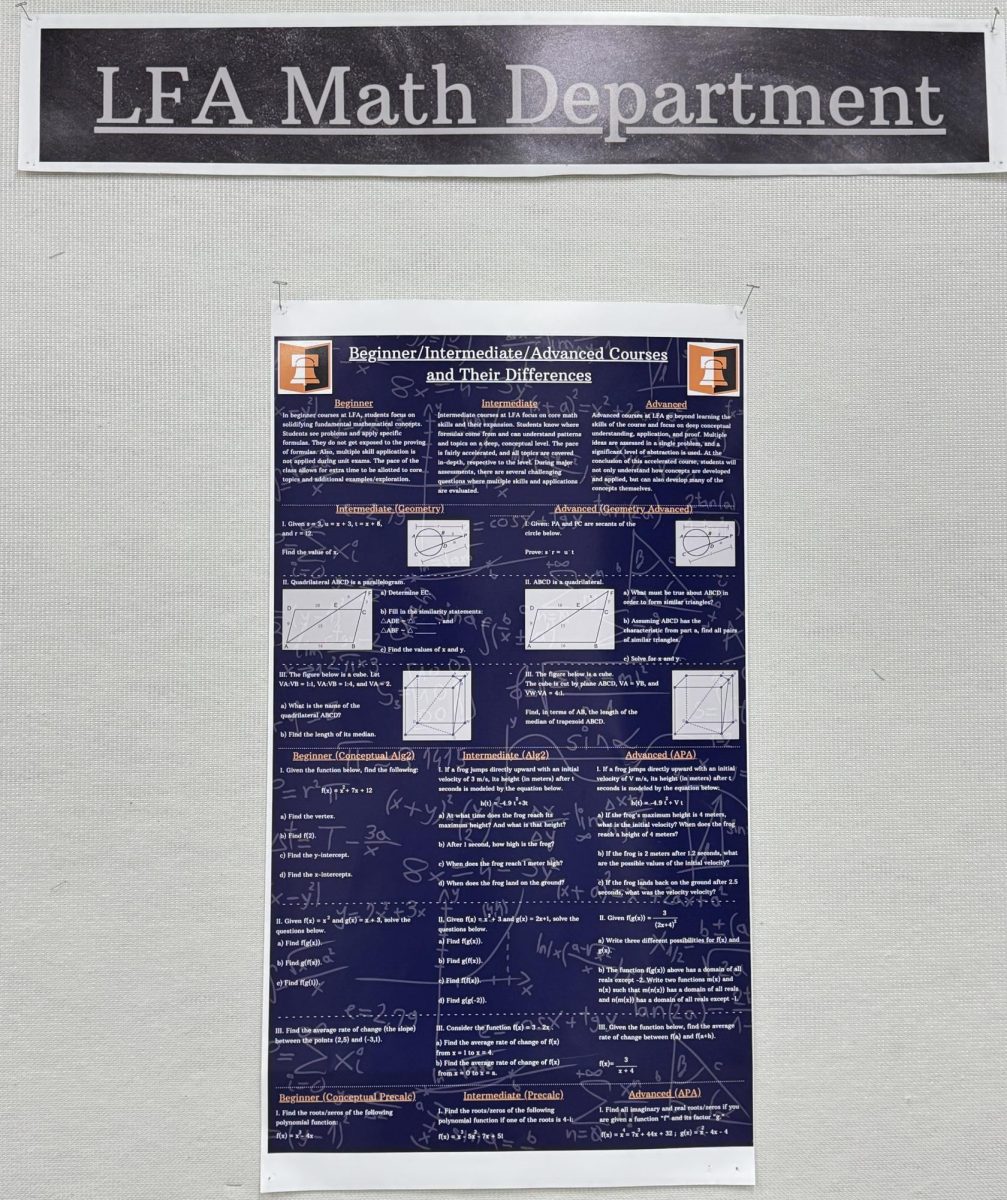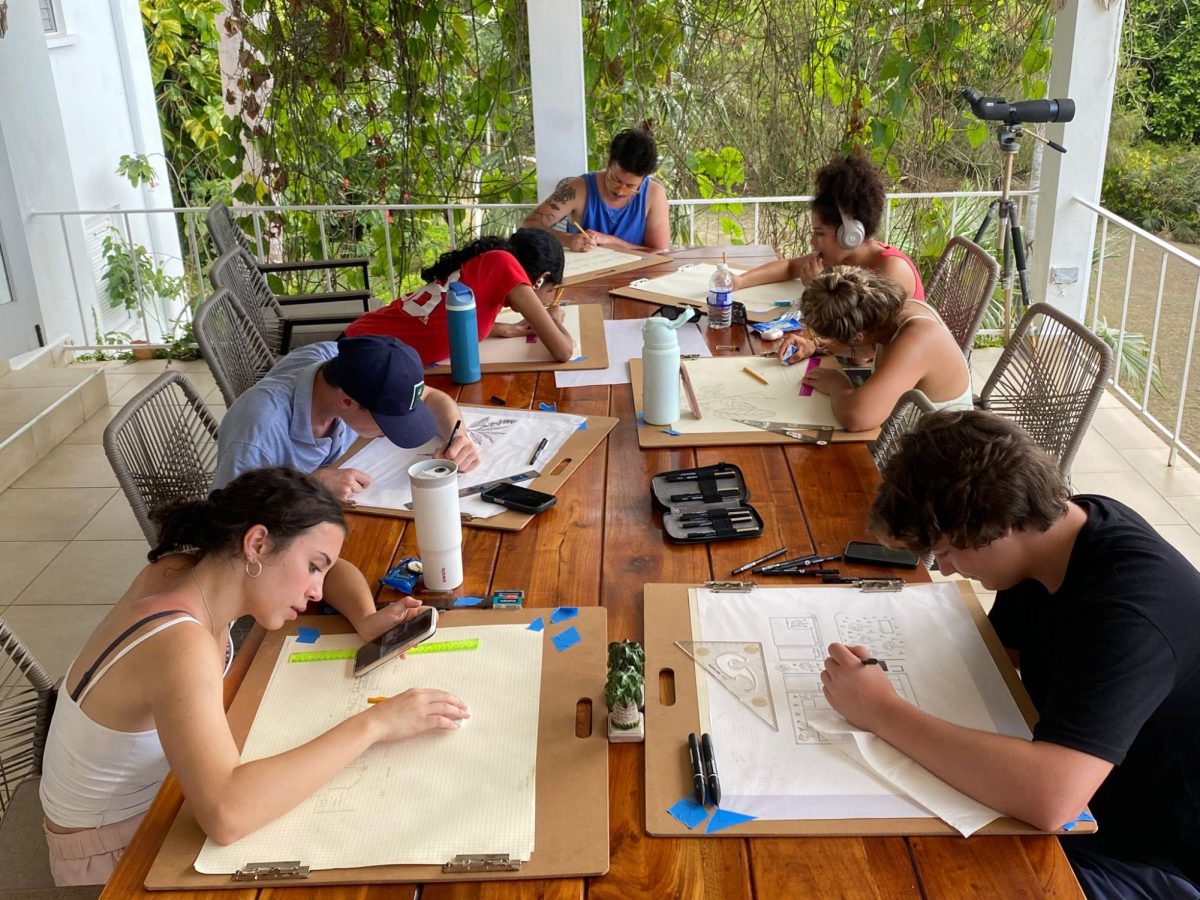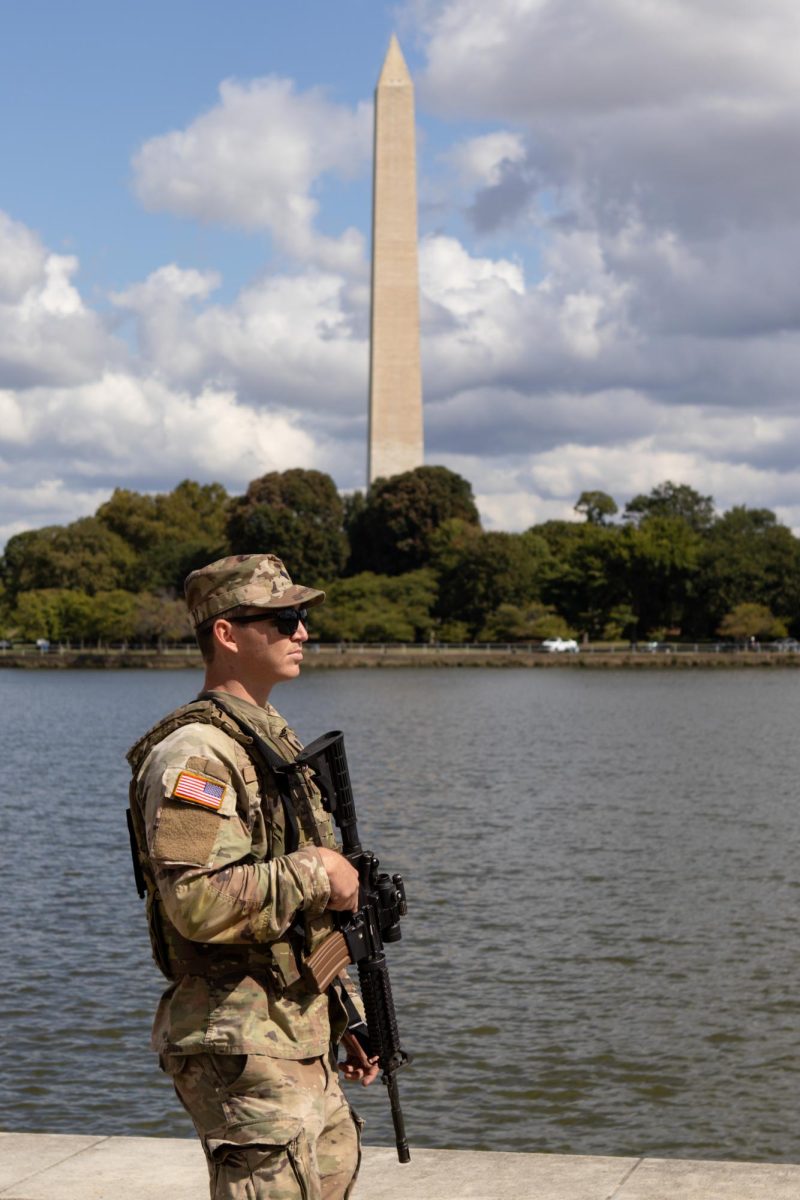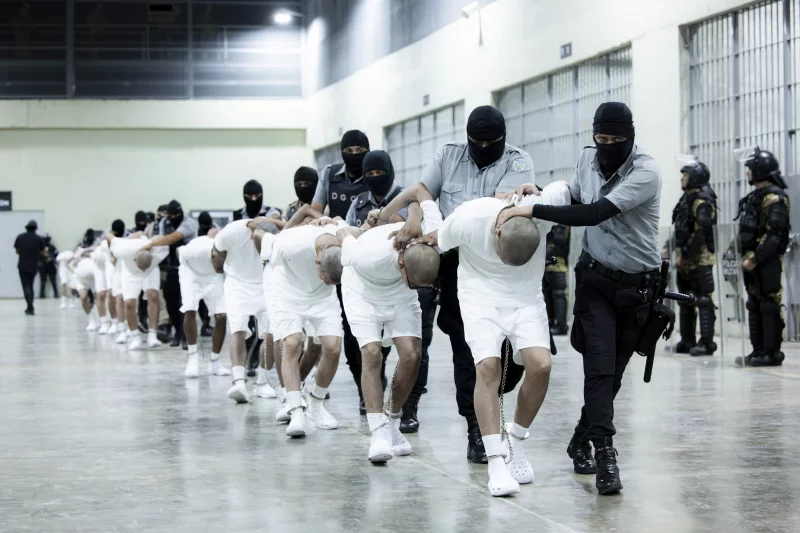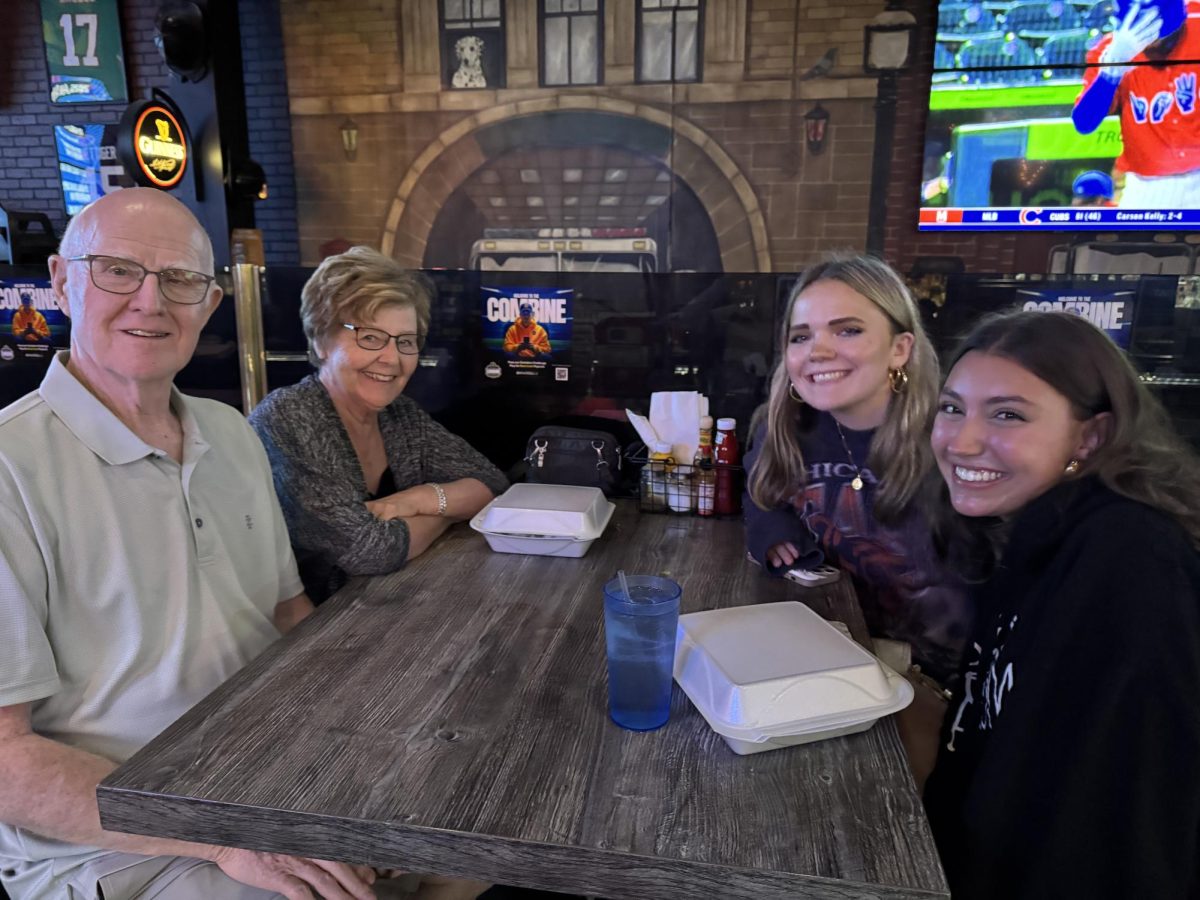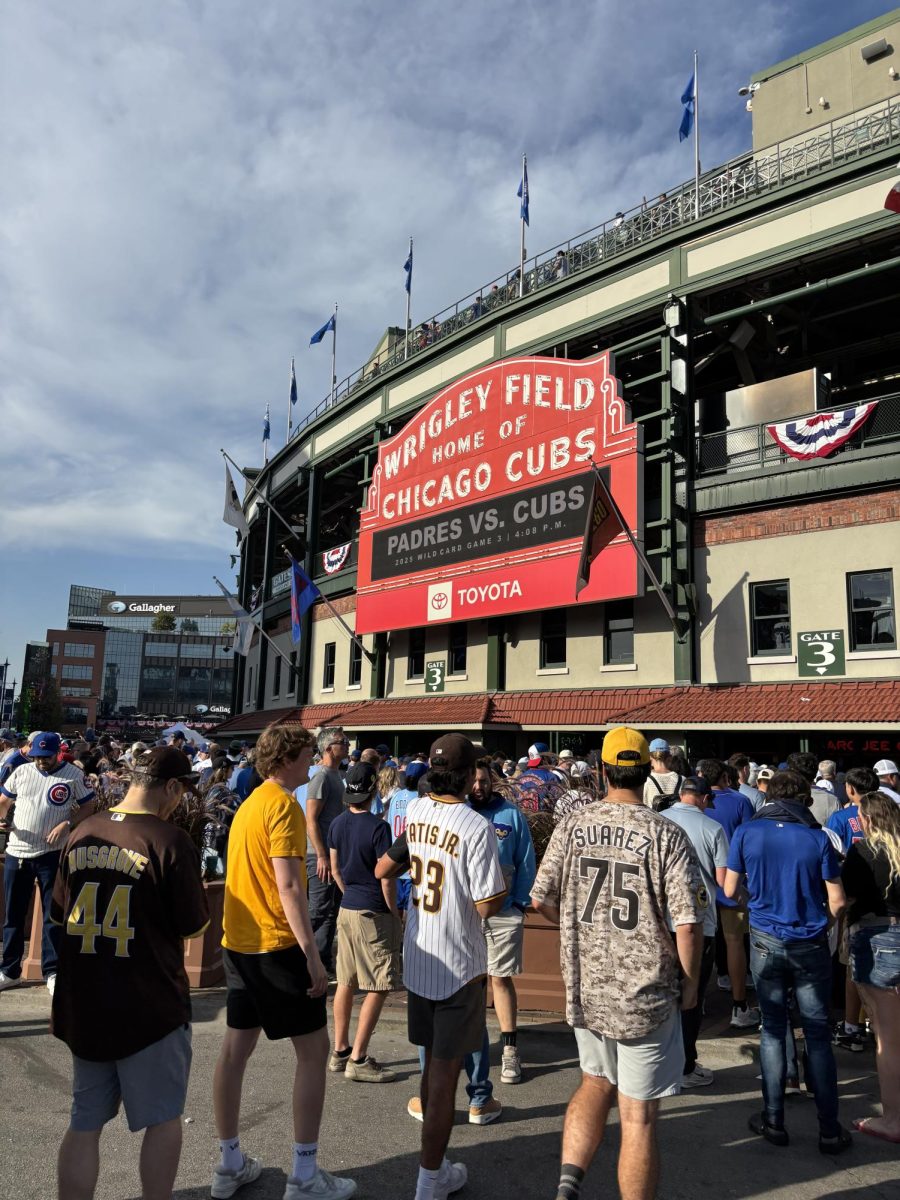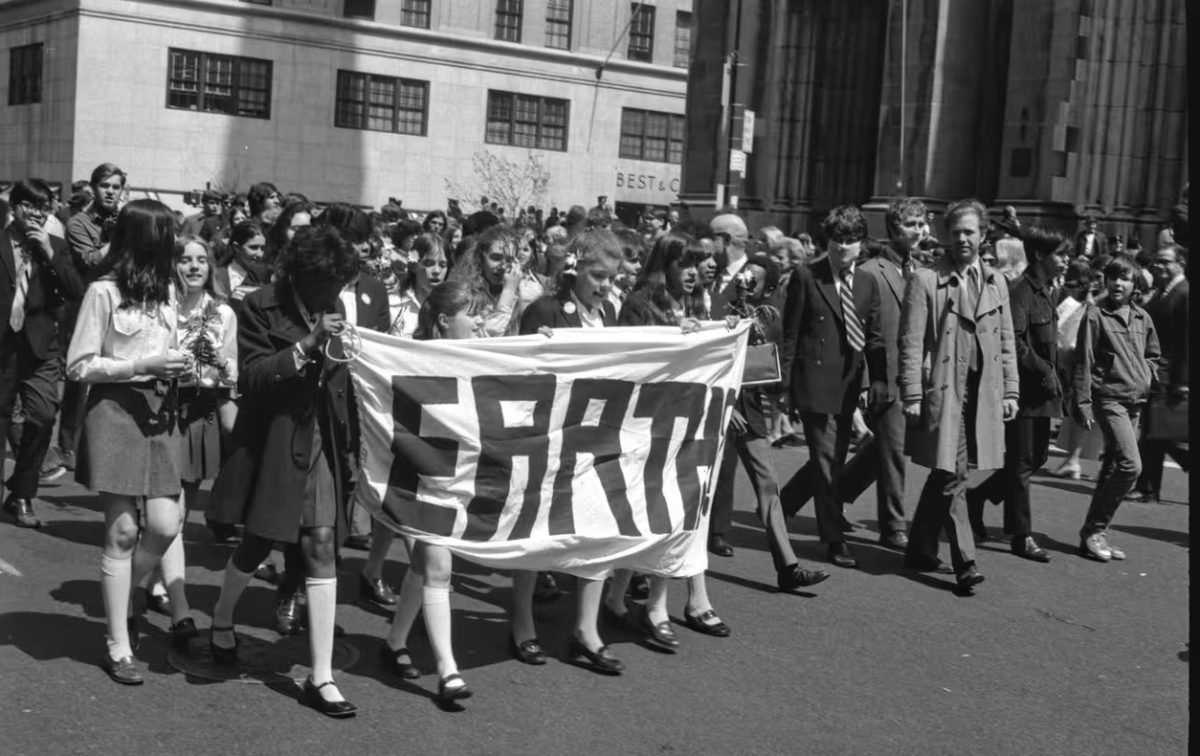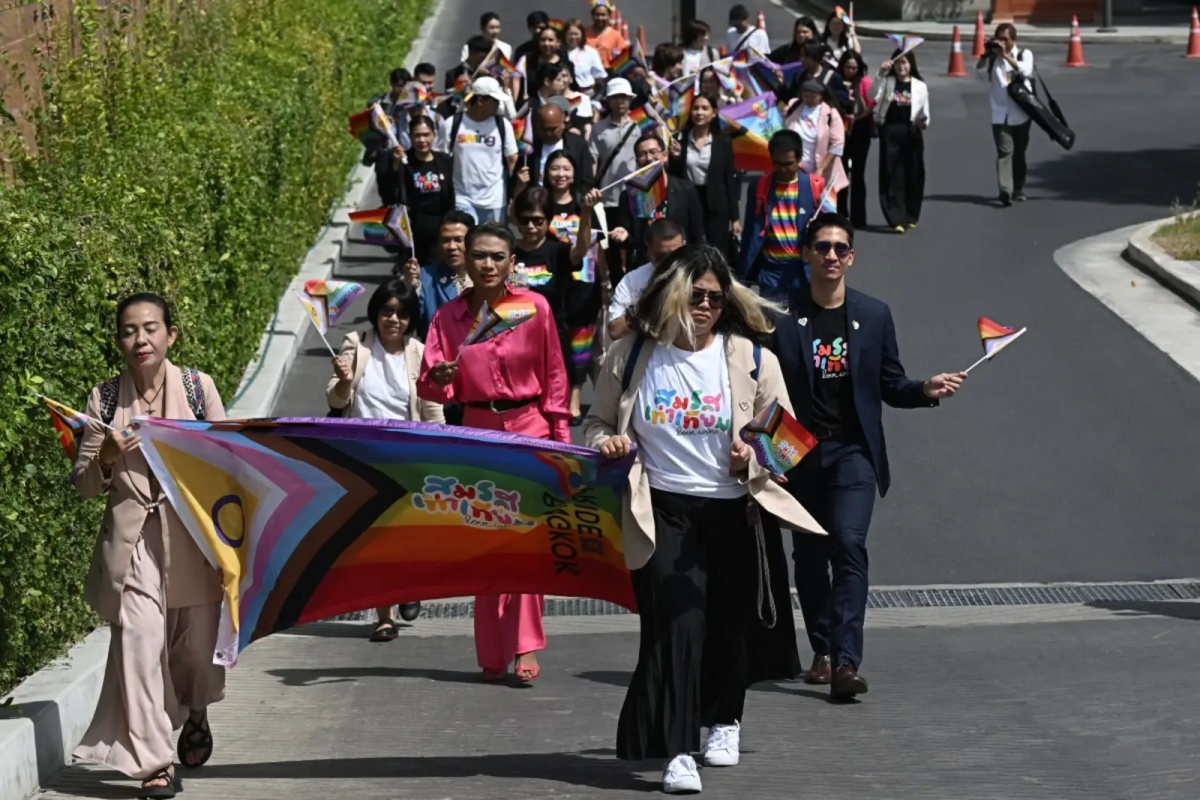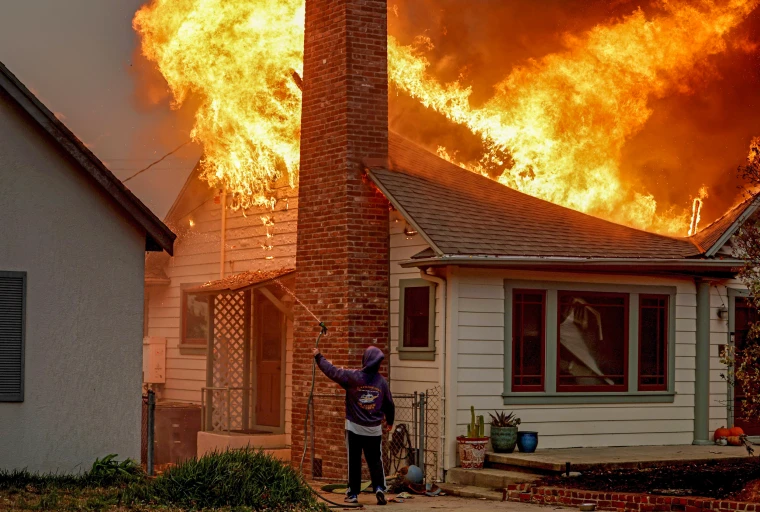Devastating wildfires have been taking over the Los Angeles region, burning hundreds of homes and killing at least 16 people. While many California residents have been used to wildfires occurring, they are not used to five intense wildfires all burning and spreading simultaneously.
The first wildfire began with the Palisades fire, which erupted on Tuesday morning. By Saturday night, NBC news gathered from the California Department of Forestry and Fire Protection (Cal Fire) that the fire had covered 23,654 acres and had damaged approximately 5,316 buildings in the Pacific Palisades, a neighborhood east of Malibu. Later, Tuesday night, the Eaton fire ignited in the national forest lands north of downtown L.A. By Saturday night, this fire reportedly took over 14,117 acres and burned more than 7,800 structures. A suburban neighborhood, Sylmar, was also subject to the wildfires on Tuesday night with the Hurst Fire. According to NBC News, 76% of this fire was contained by firefighters, limiting the destruction to 779 acres and two structures being destroyed. Thursday night, the Kenneth Fire began burning near Calabasas and the West Hills area of L.A., covering 1,092 acres; however, 90% ended up being contained, stopping further growth. On Wednesday and Friday, the Sunset, Lidia, Acher, and Woodley fires broke out, taking over 487 acres but fully contained by Cal Fire.
Since Tuesday, 180,000 people have been forced out of their homes, and close to 200,000 people have been put under evacuation notices. Entire neighborhoods and blocks have been destroyed, leaving many people homeless.
Unfortunately, these fires have had numerous effects on L.A. residents. First and foremost, this disaster has had adverse mental and physical effects. These fires have caused people to leave everything they own and evacuate their wholly destroyed homes. Having a home is often overlooked, though crucial to one’s identity, as it offers a space of belonging, comfort, and stability. Hundreds of people are becoming homeless due to these fires, which not only impacts them economically but also puts them at risk for experiencing mental health effects such as anxiety and depression due to the emotional distress they are facing. Losing all of these things can put adults and even young children in an identity crisis, feeling like they need to restart their lives, again contributing to the mental repercussions of this disaster.
Fear has also begun to spread in L.A. due to the increase in looting and burglary of the evacuated homes. Amidst chaos and trauma, California Attorney General Rob Bonta warned the public of looting, scams, price gouging, and more. To minimize the crimes occurring, L.A. city officials implemented a curfew from 6 p.m. to 6 a.m. in areas heavily destroyed by the fires. As of January 13th, police had made 22 arrests for crimes in affected areas. The National Guard was also deployed to help with public safety measures.
With the thousands of acres burned comes large amounts of wildfire smoke in the air, which the U.S. Environmental Protection Agency confirmed will have short- and long-term health effects on the public. The tiny pollutants in the air can cause runny noses, scratchy throats, and, in severe cases, bronchitis. There is also the possibility for the pollutants to enter the bloodstream, infecting various organs within the body. Long-term smoke exposure can cause inflammation in the lungs, causing people to be more susceptible to colds and infections. Unfortunately, certain groups are affected more, such as outdoor workers, incarcerated people working as firefighters, pregnant women, and those living in areas with limited access to healthcare and protection.
The wildfires also deteriorate the condition of our environment. Not only have buildings been destroyed, but so have the habitats of California wildlife. The smoke dangers air quality for animals, and the runoff has carried pollutants like wildfire ash into waterways. Additionally, the fires release large amounts of greenhouse gases like carbon dioxide into the atmosphere, further exacerbating climate change. Unfortunately, the intensity of these fires can be linked back to climate change, which humans have induced. The consequences of climate change are evident in California, with the usual rainy season shortening and drying out, increasing the risk for wildfires, as the area is dry for extended periods of time. According to a BBC article on the correlation between these wildfires and climate change, the Director of the Centre for Wildfire Research at Swansea University stated, “While fires are common and natural in this region, California has seen some of the most significant increases in the length and extremity of the fire weather season globally in recent decades, driven largely by climate change.” As sad as it sounds, we are now facing the severe consequences of our constant violations of the environment over time.
Looking forward, the Los Angeles community has united to assist the wildfire victims. Many restaurants have begun offering free meals to first responders, and real estate agencies are working closely with families who have lost their houses to help them find a new home. Airbnb has offered free temporary spaces for those affected, and Uber has offered free rides to evacuees — the list continues. Furthermore, people have used their social media platforms, especially celebrities, to amplify resources for victims, such as shelters, food pantries, animal rescue locations, and donation sites. California is doing its best to support this issue, as it can be seen that this disaster has a negative domino effect on one’s life. We can all reach out to those affected to offer them support and donate or pass along information for resources to help the victims.

